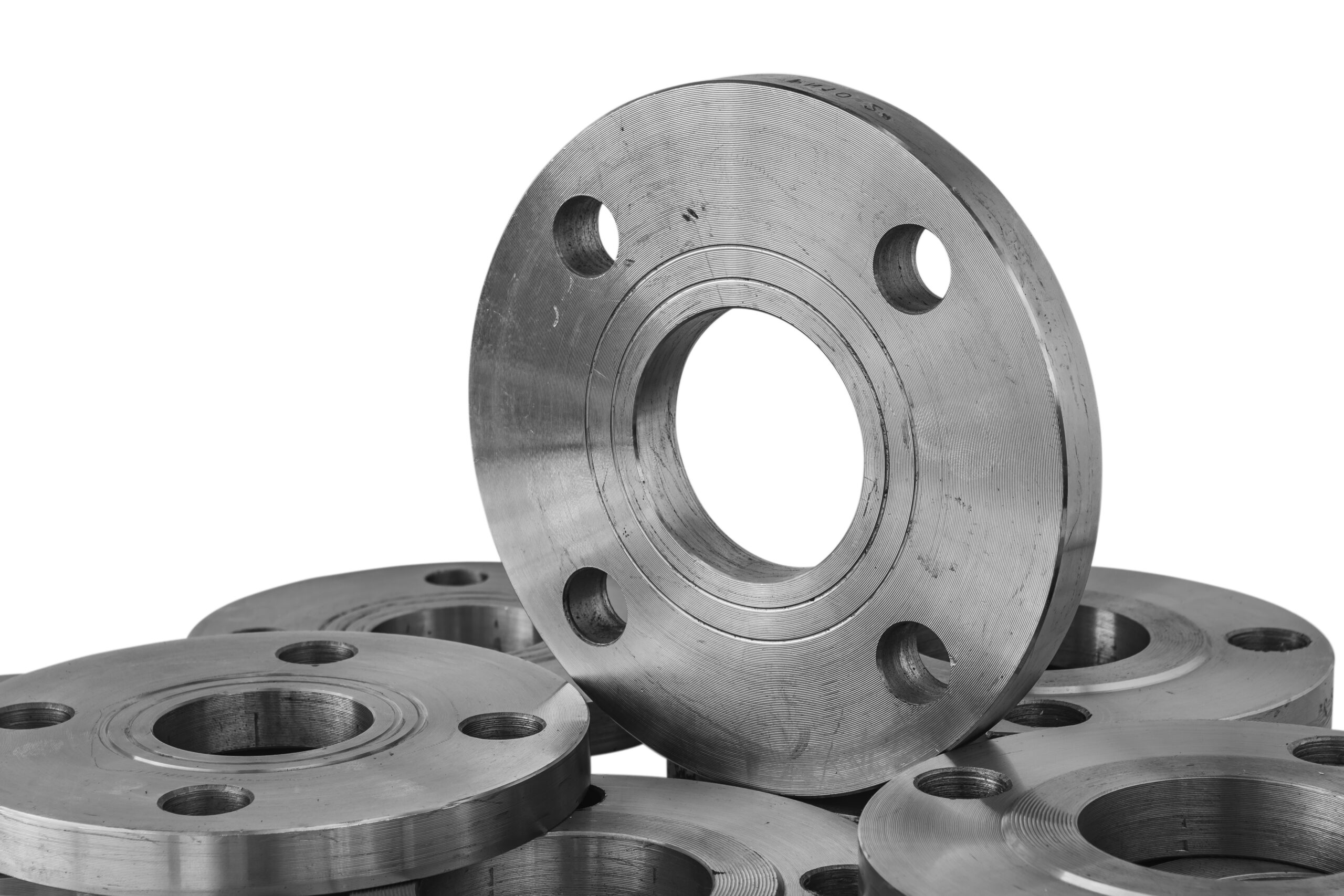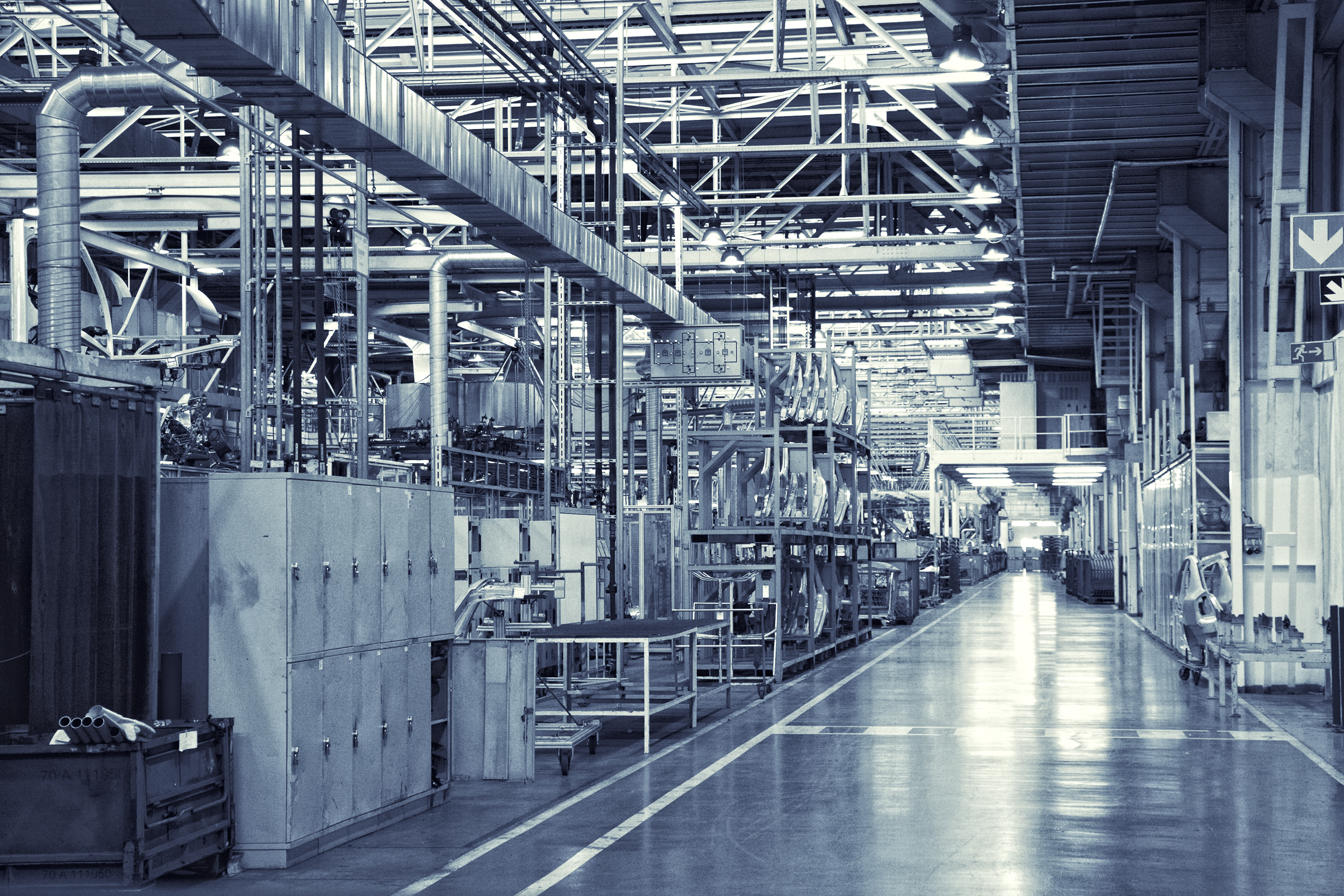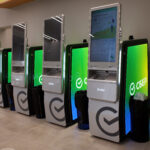How does one get a weight scale to accurately measure a very heavy truck? What kind of instrument would you use to measure a great white shark’s biting force? These questions appear to apply to two quite distinct circumstances, but they have the same answer: by utilising an auto load sensing device.
A load cell is a sensor that calculates applied forces. It is also known as a load or force transducer. Load cells may measure tension (the force required to pull something) as well as compression (the force required to push something). To detect these forces, the sensor generates an electrical output that varies with the amount of resistance applied.

What Is A Loading Cell Sensor?
An auto load sensing device is a transmitter or sensor that converts a force’s kinetic energy into a quantifiable output, such as an electrical signal. To generate this measured output, each type makes use of a physical attribute of its component materials.
The force (compression, tension, pressure, etc.) applied to the load cell determines the output strength. After that, the output data can be displayed, saved, or used to control sophisticated systems. It should be noted that without this energy conversion, measuring force would be impossible. Hence, load cells serve a crucial function.
Types Of Loading Cell Sensor
Several types of load cells exist for varying applications:
- Pneumatic Load Cells
- Strain Gauge Load Cells
- Hydraulic Load Cells
- Capacitive Load Cells
- Piezoelectric Transducers
Uses of Loading Cell Sensors
The instruments used determined the scope of work. Load cells can be utilised in the beginning, during research and development, or subsequently, while monitoring the products till the very end.
Auto load sensing devices are used both during and after construction to ensure the safety of constructions such as dams, tunnels, and bridges. The long-term safety of these constructions is ensured by proper geotechnical monitoring.
Anything that requires weighing will almost certainly use an auto load sensing device. This means that load cells can be found everywhere in ordinary life. Bathroom and kitchen biometric kiosk, checkout with self-service, at the airport to weigh the luggage, the weighing of a pallet, etc.
Loading Cell Sensor Structure
In the inner workings of a mechanism, an auto load sensing device monitors weight. They have a steel or aluminium spring with a strain gauge. The spring is highly strong but just slightly elastic, and it responds to any load, no matter how tiny.
Strain gauges are extremely small devices that precisely measure an object and show it in weight sensor alarm, force, tension, or strain by turning internal deformation into an electrical signal. Piezoelectric sensors, which are electroacoustic transducers that convert electrical charges from various materials, can also be used as sensing elements.
An electrical conductor is mounted to a film using a strain gauge. When the film is pulled, it grows longer and shrinks as it contracts. Resistance is created by changes in elongation and contraction.
The Mechanics of Load Cell Sensors
An auto load sensing device functions as a force transducer or force sensor, converting applied tension, compression, or pressure into an electrical cue. The extent of the electrical motion sensor kiosk is commensurate with the magnitude of the force applied to the load cell.
When a linear force is delivered to a load cell, areas, structures, or groups of areas are designed to be stressed. A load cell’s regions detect the force exerted under pressure and produce an electrical output signal proportional to the force. The output is typically in millivolts and requires amplification to be read.

Industrial Application
Here are some of the industries where auto load sensing devices are used:
Applications for Scales
Scales are the most typical application for load cells. These scales could be anything from home or bathroom scales to industrial scales, hopper scales, conveyor belt scales, bench scales, Motorsport scales, and many more. For this type of application, a single-point load cell is typically used.
Marine Applications
Marine applications necessitate the use of an auto load sensing device that is appropriate for underwater operation and is hermetically sealed. Towing, anchor force measurement, line tensions on fishing boats and nets, various forms of marine cranes, and dam force measuring are all possible applications for load cells.
Medical Applications
Load cells can be utilised in hygiene applications and other medical devices in addition to scales for equipment and testing. Load cells used in this type of application must meet a number of medical requirements.
The Benefits of a Load Cell
- An auto load sensing device is built to last and have exceptional reliability and long-term stability.
- They are precisely built to withstand the demanding industrial environment.
- Temperature compensation is used in load cells.
- They have a reliable system that is free of moving parts and linkages.
- A number of them include several strain gauges to lessen positioning influence.
- The load cells can be used with any standard strain gauge bridge measurement read-out device.
- The side and eccentric load effects of the load cells are insignificant.
Parting Words
Weight is measured using auto load sensing devices, which exist in a variety of shapes, sizes, use cases, operating principles, and applications. Single strain gauge or Wheatstone load cells may be used. Strain gauge load cells are classified as bending beam load cells, button/disc type, S-type, torque load cells, or canister load cells based on their shape and configuration. For optimal sensitivity, even single strain gauge load cells are frequently utilised in a Wheatstone design.



